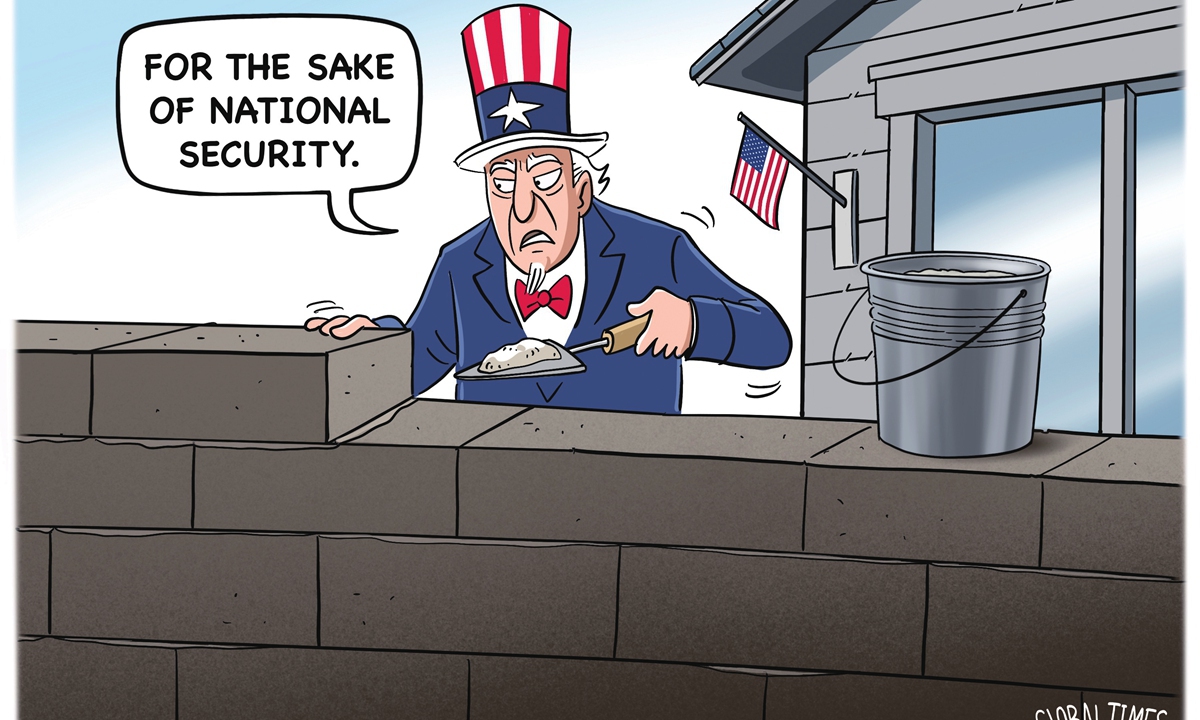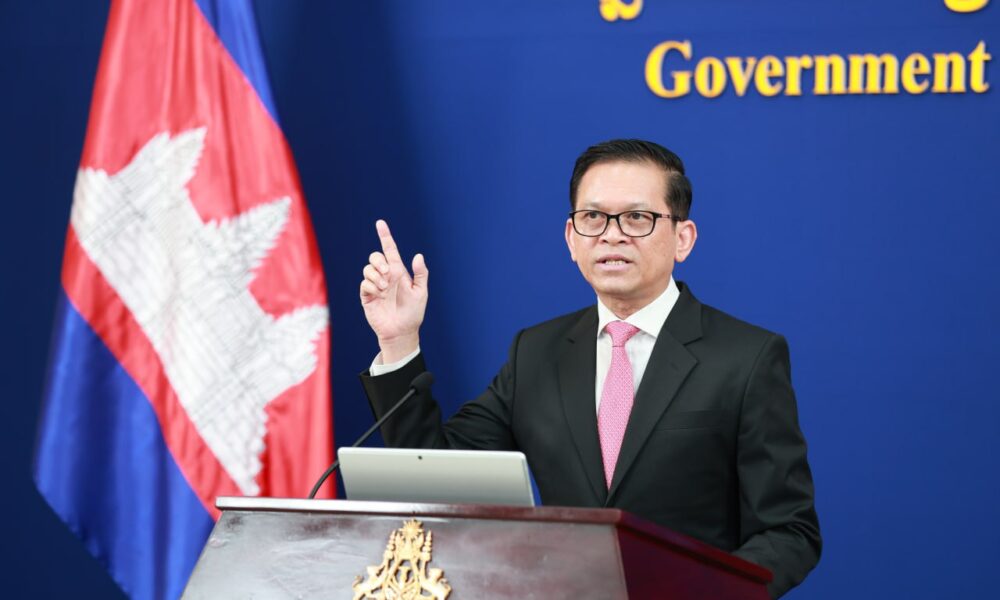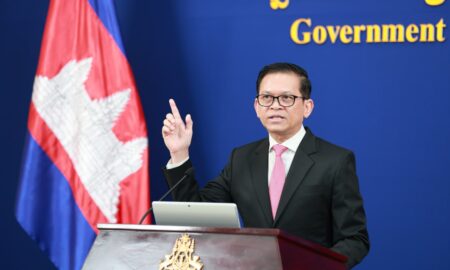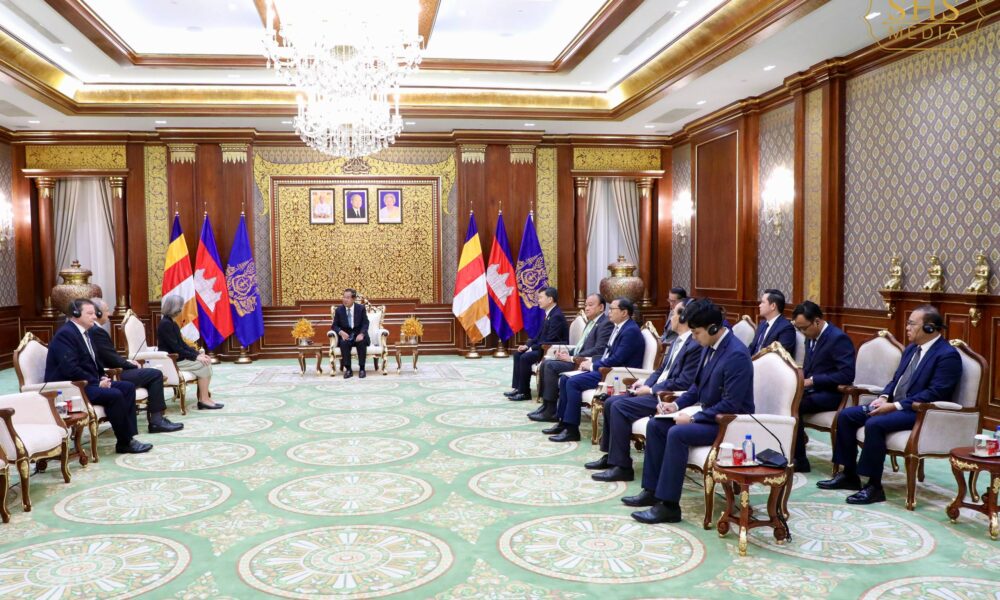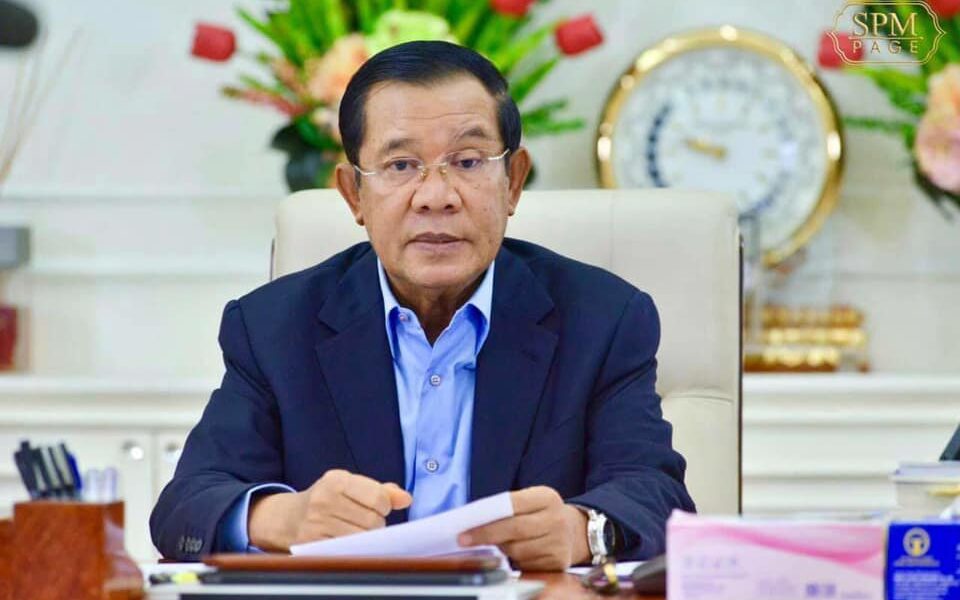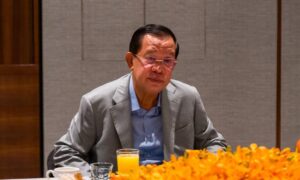Over the years, several rounds of US semiconductor export controls targeting companies in China, Japan, South Korea and other countries have been in place, on the ground that such measures would prevent other nations from using advanced technologies to “pose a risk” to US national security.
Meanwhile, the US itself passed the CHIPS and Science Act in 2022 to boost its domestic semiconductor manufacturing capacity. By this logic, does it mean that the US is trying to develop advanced technologies so that they can be used to “pose a risk” to other countries’ security?
In the case of US Steel, after years of declining domestic steel demand, the company is no longer generating the revenue it once did. Looking beyond the US would be a good solution, and a merger with Nippon Steel seemed reasonable. Yet the Joe Biden government decided to block the acquisition of US Steel by Japan’s Nippon Steel, citing national security concerns.
The US has developed a habit: It first describes what is in reality normal economic, technological, or even cultural, cooperation with other countries as a national security threat, then it intervenes, sometimes brutally, in order to preserve its own advantages and keep other nations in check.
From chips to steel, from artificial intelligence to social media, the US’ national security list grows longer and more bizarre (let’s not forget the infamous claim that China’s garlic is also a national security threat). Now people can only wonder: What’s next?
The national security game is not just for what the US sees as competitors or adversaries; its “allies” and “partners” may also be targeted. “It is shocking – and deeply troubling – that the US government would… treat an ally like Japan in this way,” wrote Nippon Steel and US Steel in a statement.
The US constantly emphasizes its commitment to its allies, pledging to cooperate with them to strengthen global supply chains and drive collective economic growth. However, the past few decades have seen a series of moves from the US that contradict this rhetoric.
Over the years, the US has forced France’s Alstom to sell its core businesses to General Electric, stopped the Dutch company ASML from selling semiconductor manufacturing equipment to other countries, coerced TSMC to move its production to the US, and imposed high tariffs on EU steel and aluminum, all with the excuse of national security. This time it falls on Nippon Steel.
These stories have raised serious doubts about the sincerity of the US’ commitment to its allies and partners. One can easily conclude that it treats its allies only as expendable pawns – cooperate with them when their interests align, discard them when they don’t, or when it feels its security is under threat. Here comes this pressing question: Of all the US’ allies, who will be discarded next?
It seems that the US views national security as its ace in the hole. But it is impossible to draw the ace out of the deck at every try. Is national security the solution to all of the problems the US faces, both in the short term and long term?
National security does matter, but it is not an excuse for failing to address domestic concerns, notably unemployment and soaring prices. As the constant reference to national security scares off international investors, the US might also be pushing away opportunities that bring greater benefits to its people.
As the world’s largest economy, the US bears significant responsibility for the world economy. Economies grow through circulation and exchange, which is why the world has experienced exponential growth in the age of globalization. Now that the US abuses national security in economic affairs, it is creating disruptions to global economic exchanges and global supply chains, which are contrary to even its own interests.
The author is a Beijing-based international affairs observer. opinion@globaltimes.com.cn


